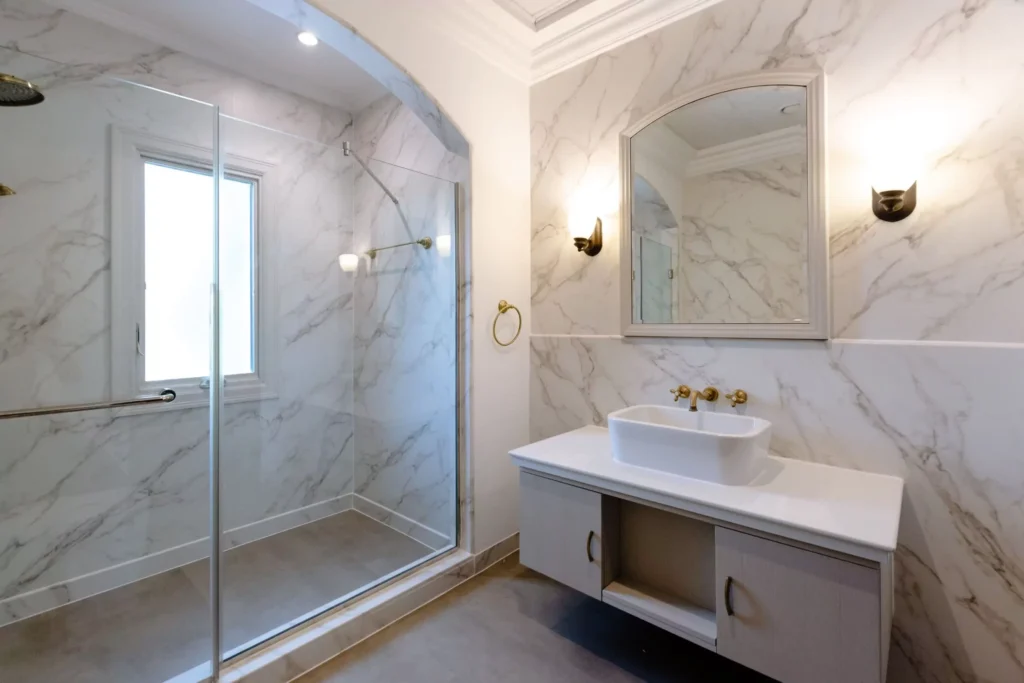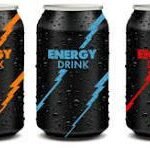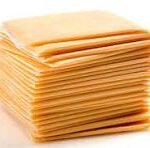Renovating a kitchen while considering environmental concerns is increasingly essential, especially in a city like Dubai, where sustainability is gaining prominence. Eco-friendly Kitchen Renovation Dubai solutions are becoming more popular as homeowners seek ways to reduce waste, conserve energy, and utilize sustainable materials. One such solution is kitchen wrapping, a cost-effective and sustainable alternative to traditional renovation methods. This article explores the eco-friendly aspects of Kitchen Wrapping Dubai, supported by 2024 data and numerical insights, focusing on its application in Dubai. Let’s find out if wrapping is the answer for environmentally conscious homeowners.
1. The Growing Demand for Sustainable Renovations in Dubai
Dubai’s real estate market has shown a remarkable shift towards sustainability in recent years. In 2024, the city’s Green Building Regulations and Specifications are more stringent than ever, requiring builders and renovators to meet high energy efficiency and sustainable material standards. According to the Dubai Electricity and Water Authority (DEWA), the emirate aims to reduce its carbon footprint by 30% by 2030, prompting homeowners to seek eco-friendly renovation options, including kitchens.
The kitchen, often considered the heart of the home, has a substantial environmental impact due to the materials used and the energy consumed during renovations. Therefore, choosing sustainable solutions like kitchen wrapping can significantly contribute to Dubai’s sustainability goals while providing a modern, refreshed look.
2. What is Kitchen Wrapping?
Kitchen wrapping involves applying a vinyl or laminate film to kitchen surfaces such as cabinets, countertops, and appliances. The film mimics the appearance of various materials like wood, stone, or metal, offering a wide range of aesthetic options. Unlike traditional renovation, which typically involves removing and replacing old materials, wrapping allows for an update with minimal waste and disruption.
3. Why Kitchen Wrapping is an Eco-Friendly Option
Reduced Waste Generation
Traditional kitchen renovations generate significant waste due to the disposal of old cabinetry, countertops, and fixtures. In Dubai, where construction waste accounts for a large portion of the total waste produced, minimizing renovation debris can have a substantial environmental benefit. Kitchen wrapping eliminates the need to discard old materials, giving them a new look and extending their lifespan.
Energy Savings During Renovation
Renovating a kitchen traditionally involves energy-intensive processes, such as manufacturing new cabinets or countertops and transporting heavy materials. On the other hand, kitchen wrapping requires significantly less energy, as there is no need for new production or extensive installation work. In a city like Dubai, where temperatures are high for much of the year, the energy savings from a less labor-intensive renovation can also translate to reduced cooling needs, as less dust and debris are generated.
Sustainable Material Choices
Many modern wrapping materials are made from eco-friendly and recyclable components. In 2024, the availability of low-VOC (Volatile Organic Compounds) vinyl films has increased, making it easier for homeowners to choose wrapping materials that contribute less to indoor air pollution. Low-VOC wraps are essential in places like Dubai, where air quality can be affected by high temperatures and dust.
4. Latest Data and Insights on Kitchen Renovation Trends in Dubai (2024)
Dubai’s kitchen renovation market will be valued at approximately AED 1.2 billion in 2024, growing at a rate of 5% annually. With sustainability trends influencing consumer choices, over 35% of homeowners now prioritize eco-friendly renovation solutions. Kitchen wrapping is gaining popularity, with the market for vinyl wrapping in Dubai projected to grow by 12% year-on-year.
Data from local contractors reveals that wrapped kitchens account for nearly 25% of all kitchen renovations completed in 2024, up from 18% in 2022. This increase reflects the growing awareness and acceptance of wrapping as a viable and sustainable alternative to traditional renovation methods. Additionally, 60% of Dubai homeowners who choose wrapping cite sustainability as their primary motivation.
5.Cost Comparisons: Kitchen Wrapping vs. Traditional Renovation
In addition to being eco-friendly, kitchen wrapping is also cost-effective. A complete kitchen renovation in Dubai costs between AED 30,000 and AED 70,000, depending on the materials and scope of work. In contrast, kitchen wrapping can range from AED 5,000 to AED 20,000, making it an attractive option for homeowners who want to refresh their space without a significant financial investment.
The cost savings are especially relevant in Dubai’s high-rise apartments, where structural changes are often restricted. Wrapping provides a flexible solution that does not require extensive modifications or approvals, saving time and reducing renovation-related stress.
6.How to Ensure Your Kitchen Wrapping Project is Eco-Friendly
To maximize the environmental benefits of kitchen wrapping, consider the following tips:
Choose Recyclable and Low-VOC Materials
Opt for wrapping films made from recyclable materials containing low levels of harmful chemicals. This will help minimize indoor air pollution and make future disposal easier.
Work with Certified Green Contractors
Hire contractors certified in eco-friendly renovation practices and familiar with Dubai’s Green Building Regulations. Certified contractors can recommend sustainable materials and techniques to reduce the project’s environmental impact.
Reuse and Repurpose Existing Elements
Before wrapping, evaluate which parts of your kitchen can be reused or repurposed. For example, cabinet doors can often be re-wrapped multiple times or used in other home areas.
Proper Disposal of Old Materials
If any materials need to be removed, ensure they are disposed of eco-friendly, such as recycling or donating usable items.
7.Potential Drawbacks of Kitchen Wrapping
While kitchen wrapping offers numerous benefits, it does have some limitations:
Not Suitable for Severely Damaged Surfaces
Kitchen wrapping may not be a suitable solution for heavily damaged surfaces or significant structural issues. In such cases, traditional renovation may be necessary.
Limited Heat Resistance
Some wrapping films may not withstand high temperatures commonly found near stovetops. It’s essential to use heat-resistant wraps in areas exposed to direct heat.
Wrapping Up
Kitchen wrapping is a viable eco-friendly option for homeowners in Dubai looking to renovate sustainably. With reduced waste, energy savings, and sustainable material choices, wrapping aligns with Dubai’s ambitious environmental goals. As 2024 data shows, the trend towards sustainable renovations is rising, and kitchen wrapping is crucial in shaping the future of eco-conscious home improvement. For homeowners considering a kitchen renovation, wrapping offers a cost-effective, sustainable solution that can transform spaces without the environmental burden of traditional renovations.
Read more: Eco-Friendly Kitchen Renovation Solutions



